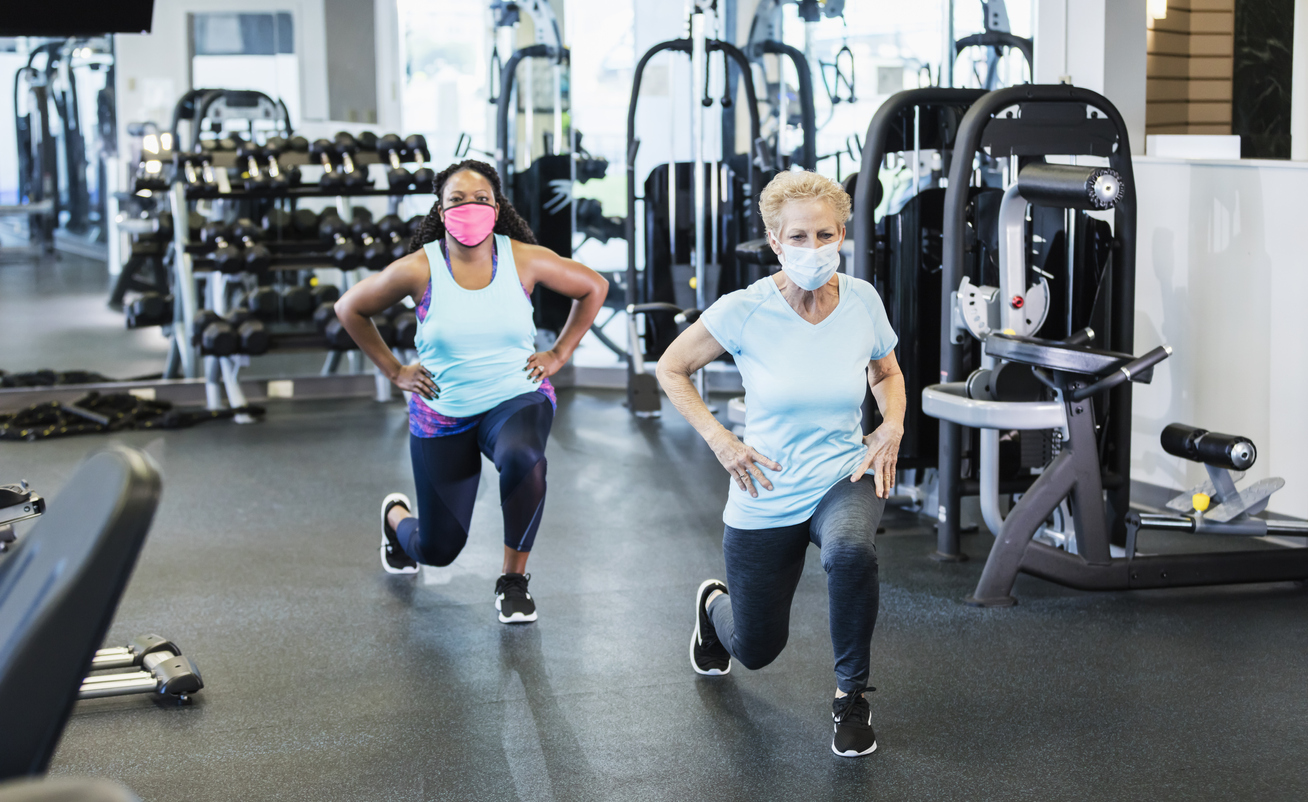Decreasing COVID-19 case counts, meeting vaccination targets, and loosening health restrictions have been a great cause for hope and celebration in our province. Meanwhile, as we look forward to what life might look like post-pandemic, there remain many challenges ahead when it comes to our community health.
Public health orders over the last year and a half, while necessary to mitigate the impact of the virus, have left behind another pandemic of sorts: one of physical inactivity. Many said goodbye to regular activities such as going to the gym, playing recreational sports, and, in some cases, daily activities such as walking or cycling to the office.
We have long known physical inactivity increases risk factors in cardiac disease, cancer, and other chronic conditions. In addition to sedentary behaviour, other important lifestyle changes due to staying at home include increased intake of processed foods. Studies have shown disrupted weight management among many, bringing with it other risk factors such as diabetes, which are likely to persist long after public health orders are relaxed.
In addition to the fragility of physical health, the pandemic has elevated our collective awareness around mental well-being. Several studies show evidence of the decline in mental health among Canadians during the pandemic, due in large part to lack of social connection.
Now for the good news. As always, physical activity is a powerful tool that can help us rebuild our individual and community well-being. For every study published on the negative effects of the pandemic on our community health, there is another study that provides evidence that physical activity can be an antidote.
In contrast to the common thinking a few decades ago, physical activity is now proven to decrease risk factors and is instrumental to recovery from cardiac disease, cancer, and other chronic conditions. Support and expertise from credentialed fitness professionals can go a long way to impact well-being in a variety of individuals.
Support and expertise found at a certified medical fitness centre like the Reh-Fit integrates guided physical activity, lifestyle coaching, assessments, nutrition, and -- importantly -- a sense of community connection that we have all been missing over the past year and a half. Finally, a crucial component of having success with physical activity is finding a program or activity that provides enjoyment and that will last. A certified fitness professional can help with that, too.
If you or someone you love is looking for support with starting or returning to physical activity, consider reaching out to a trained Clinical Exercise Physiologist or contact the Reh-Fit Centre for more information on programs and services at 204-488-8023 or online at www.reh-fit.com.
 |
|



